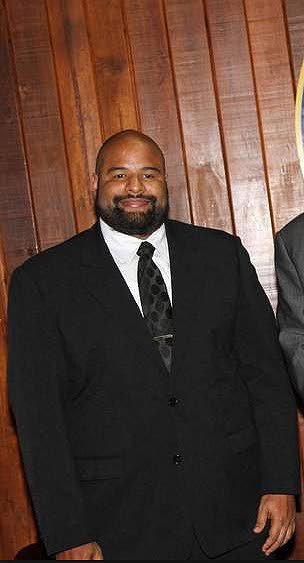Bid to block sale of CLF assests fails

A HIGH COURT judge has refused a request by a CL Financial (CLF) shareholder to put a stay on the further sale of the group’s assets until joint liquidators present audited financial reports.
In an oral decision, Justice Kevin Ramcharan on Tuesday dismissed the application by Natural Energy Vehicle Infrastructure Corporation of TT (NEVICOTT), for the stay of the sale of Methanol Holdings (International) Ltd and the group’s indirect interest in the Holiday Inn Express Hotel in Trincity.
According to Ramcharan, neither the Companies Act nor the Bankruptcy and Insolvency Act mandates the liquidators to generate audited accounts.
He also held that he was not satisfied of the cost benefits of generating the audited accounts, adding that this was usually done for companies considered to be a “growing concern” and CLF was not such a company.
NEVICOTT had asked for audited financial accounts for the years leading up to Government’s bailout of CLICO – the insurance arm of CLF – in 2009.
In submissions to the court, the liquidators said they could not account for the lack of audited accounts before the company went into liquidation and the judge said even if they were provided, he could not comment on whether those accounts would point to what led to the collapse of CLICO.
Despite not granting the stay or the release of the accounts, the judge did not altogether hold a negative view of the proposal put forward by NEVICOTT to repay the money owed by CLF so that it could be relinquished to their control.
Ramcharan said he could not dismiss the proposal, as the liquidators had, as being misconceived and speculative, but acknowledged that there were shortcomings, which, he said, did not satisfy him that there was a strong possibility the proposal would be successful if implemented or bring CLF out of liquidation.
However, NEVICOTT’s attorney Peter Taylor, who described Ramcharan’s ruling as “disappointing,” admitted that the release of the financial accounts was necessary for his client to attract investors.
He said the judge’s ruling now puts a dent in NEVICOTT’s plan to attract investors, adding that the failure of the Government to relinquish its hold on the company was a concern to his client, but they intended to pursue that by way of judicial review.
Taylor said he also has to take instructions from his client on the possibility of appealing Ramchran’s decision, especially against the background of a recent ruling by Justice Frank Seepersad ordering the Ministry of Finance to disclose the specific sums of money paid out to creditors in the CLF bailout.
“Everything is now open,” Taylor said, adding that transparency was at the core of any investigation, liquidation or the disposing of assets.
“As shareholders we believe that anytime you are withholding information, you have something to hide,” he said.
But, he noted, although the judge did not grant the stay on the sale of the two CLF subsidiaries, all was not lost for his clients, as there were other subsidiaries under the conglomerate’s umbrella and “quite a bit of equity lying around, particularly with respect to CLICO.”
“There is much to play for,” he said.
In its action before Ramcharan, NEVICOTT had specifically asked for a stay of an August 2018 order authorising the disposition of Methanol Holdings Ltd shares and an injunction to restrain the joint liquidators from soliciting purchasing the assets of CLF or the sale of any of the assets.
In its reply to NEVICOTT’s application, the joint liquidators argued that there was no basis to grant the stay to stop the sale of Methanol Holdings and Holiday Inn as there was already a sale agreement in place for Holiday Inn which is due to be finalised in July and any stay may expose the company to a claim for damages if the transaction was not finalised.
In 2018, NEVICOTT wrote to the Minister of Finance, enclosing a letter of intent from a Middle Eastern investment bank that promised to raise US$2 billion on NEVICOTT’s behalf in order to pay off the debt owed to the Government by CLF, as a result of the 2009 bailout of the conglomerate.
NEVICOTT became a CLF shareholder when it bought 5,878 ordinary shares from attorney David Hannays, and had to apply to the High Court to have the CL Financial shares transferred to it, as the liquidation process is under judicial control.
In 2017, the Government filed a court action to have CL Financial put in liquidation, following a threat by the group’s shareholders to hold a special meeting to take control of the company.
The joint liquidators also argued that NEVICOTT had not provided proof of funds, adding that the letter to the minister spoke of the investment bank saying it could help raise the US$2 billion, but did not say it actually had the money.
They also argued that the debt owed by CLF was US$4.7 billion and the Government was only a 40 per cent creditor of the entire sum due and owing.
NEVICOTT also initiated legal action against the Central Bank asking for a “clear and finite” timetable for the bank’s relinquishing of CLICO.

Comments
"Bid to block sale of CLF assests fails"